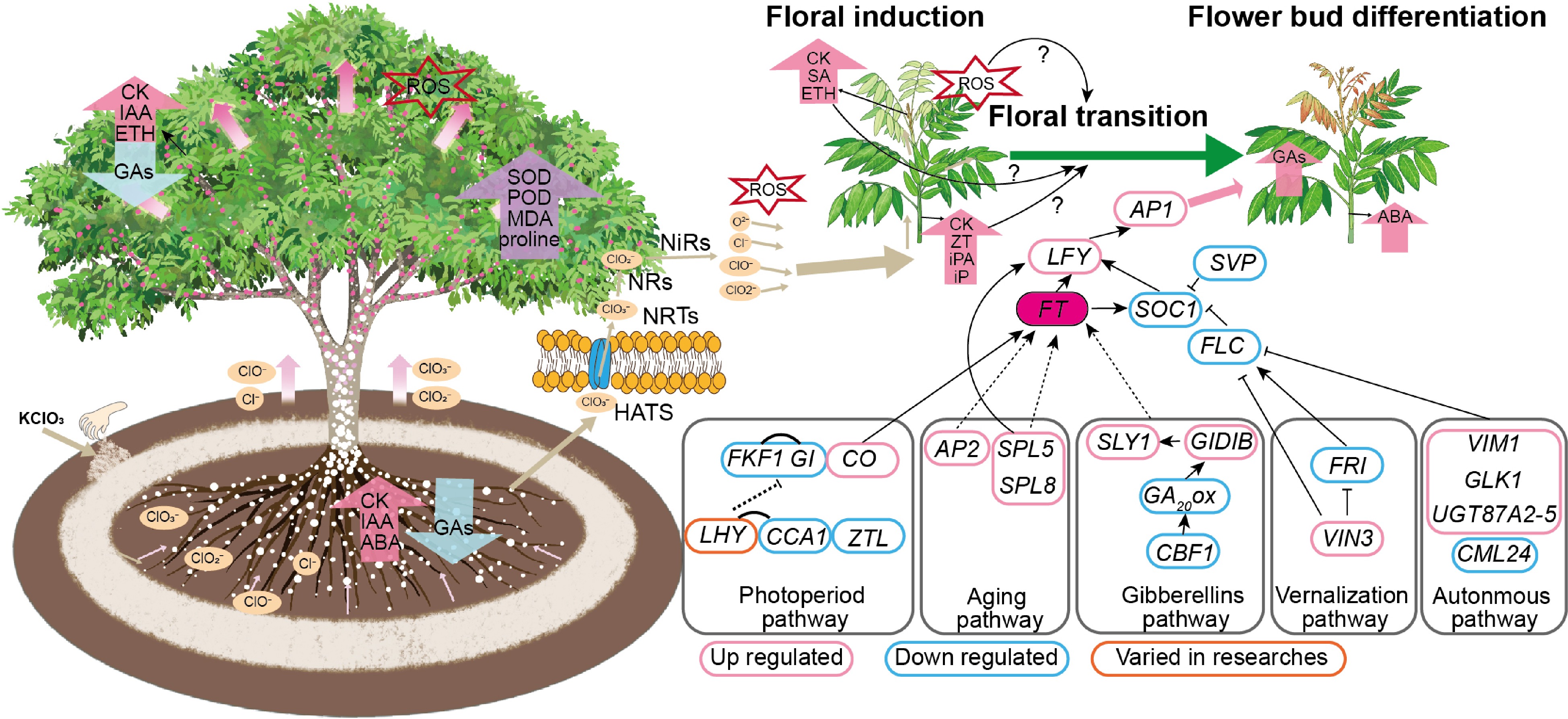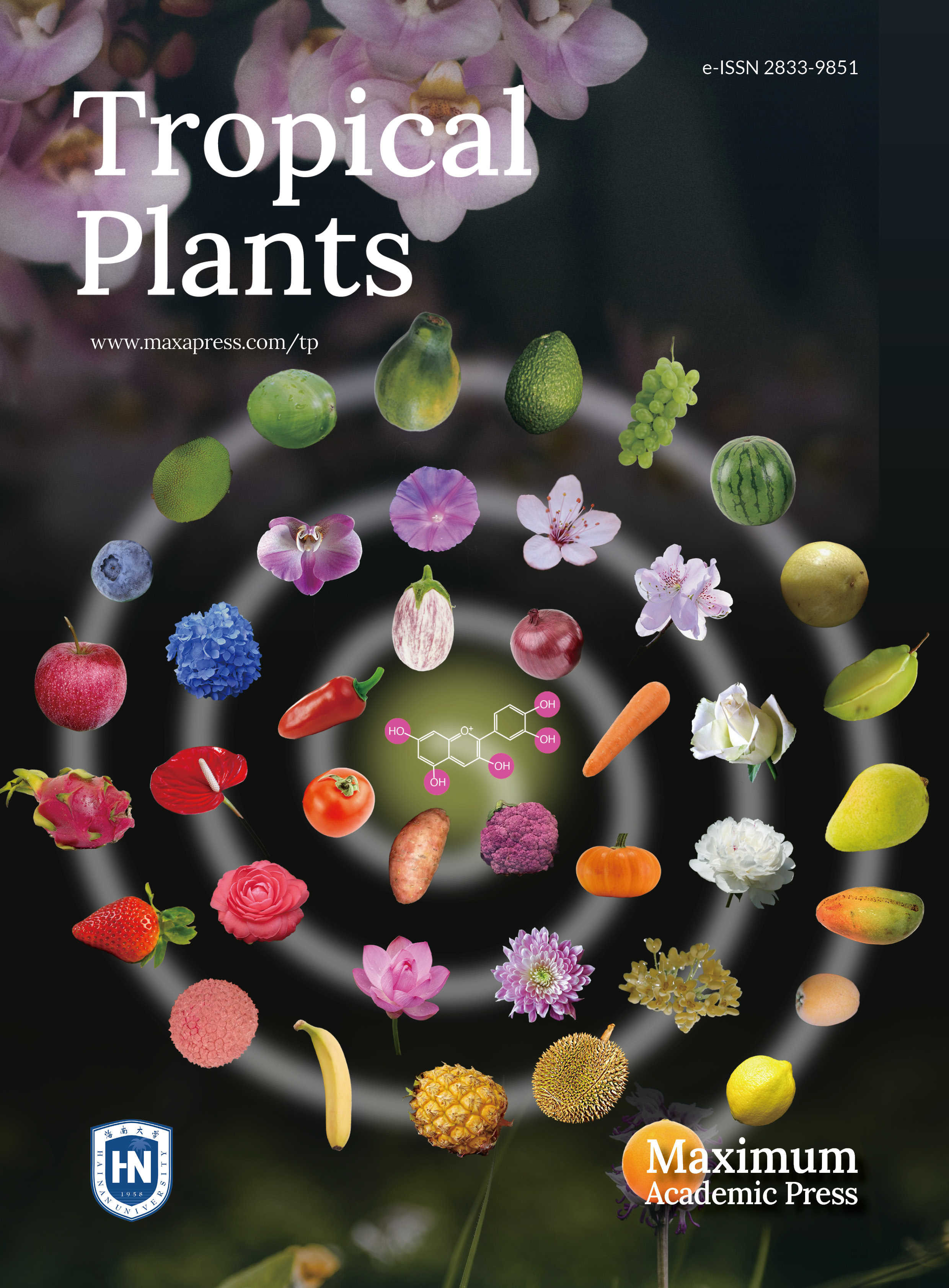Tropical Fruit Tree Biology and Modern Breeding
Tropical fruits are a wide variety of fruits which produced originally or can be cultivated in tropical zones. According to FAO (Food and Agriculture Organization of the United Nations), the global annual value of tropical fruits can reach around USD 10 billion in 2021. Tropical fruits are appearing in the daily diets on every continent and are becoming increasingly popular globally. Besides having a striking appearance, prominent aroma and taste, tropical fruits also can supply a plentiful resource of minerals, vitamins, elements, proteins, dietary fiber, and other substances, which are beneficial to immunity-enhancing and diseases-preventing to humans.
Fruit development, quality formation, and postharvest storage are fundamental biological and productive questions in tropical fruit cultivating and breeding. There are also some developmental biology issues specific to certain tropical species. The application of emerging multi-omics technologies like genomics, transcriptomics, metabolomics, comparative genomics, and so on combined with molecular biology experiments and other technologies, had been adopted to ascertain these basic regulatory mechanisms of the above aspects of tropical fruits. These results will provide insights into the cultivating and breeding of tropical fruits to reach quality and production improvement.
This special issue aims to provide a platform for researchers working on tropical fruits to publish their recent studies related to multi-omics or other technologies applied to fruit development, quality formation and postharvest storage of tropical fruits or the other developmental biology issues of tropical fruits. The special issue can accept high-quality original research papers, full reviews, mini-reviews, and short communications.
Topics include but are not limited to:
● High-precision genome sequencing of tropical fruits
● Multi-omics studies of tropical fruits
● New bioinformatic softwares, methods, and databases for tropical fruits
● Gene identification and function verification for tropical fruits
● Overview of the research development of a/several specific tropical fruit or all tropical fruits
● Evaluation of tree germplasm resources and germplasm innovation of tropical fruits
● Resilience biology and efficient utilization of nutrients in tropical fruit trees
Guest Editors
Dr. Jingjing Yue, Fujian Agriculture and Forestry University, FAFU, China
Research Interests: 1. Papaya sex chromosome evolution and mechanisms of sex determination research. 2. Comparative genomic research and molecular breeding of papaya. 3. Regulation mechanisms research on papaya callus induction and plant regeneration process.
Dr. Jiyuan Shen, South China Agricultural University, SCUA, China
Research Interests: Characterization and regulation of flowering and fruiting in tropical fruits
Dr. Wuqiang Ma, Hainan University, HNU, China
Research Interests: 1. Cultivation and physiology of tropic fruit tree. 2. Molecular mechanism of fruit quality regulation in tropical fruit trees. 3. Multi-omics analysis of important economic trait factors in tropical fruits.
Dr. Qing Zhang, Agricultural Genomics Institute at Shenzhen, CAAS, China
Research Interests: 1. Precision evaluation of sugarcane germplasm resources. 2. Genetic basis for the formation of important agronomic traits in sugarcane. 3. Polyploid genomics.
Dr. Junting Feng, Institute of Tropical Bioscience and Biotechnology, CATAS, China
Research Interests: 1. Genome assembly, annotation, and comparative genome analysis of tropical plants. 2. Analysis of key economic traits in tropical crops and development of molecular markers. 3. Development of bioinformatics tools.
Submission Deadline
The deadline for manuscript submission is 31 August 2025. However, we can accommodate extensions on a case-by-case basis. All papers will be published as open access articles upon acceptance.
Submission Instruction
Please submit the full manuscript to Tropical Plants via our Online Submission System. All manuscripts are thoroughly refereed through a single-blind peer-review process. A guide for authors for submission of manuscripts is available on the For Authors page.
Additionally, please choose the topic of this Special
Issue when submitting, and mention it in your cover letter. For further
inquiries, please contact Guest Editors:
Jingjing Yue (jingjingyue11@126.com)
Jiyuan Shen ( jyshen@scau.edu.cn)
Wuqiang Ma (wuqiangma@hainanu.edu.cn)
Qing Zhang (zhangqing970@126.com)
Junting Feng (fengjunting@itbb.org.cn)
-
REVIEW 21 Jan 2025Open Access





